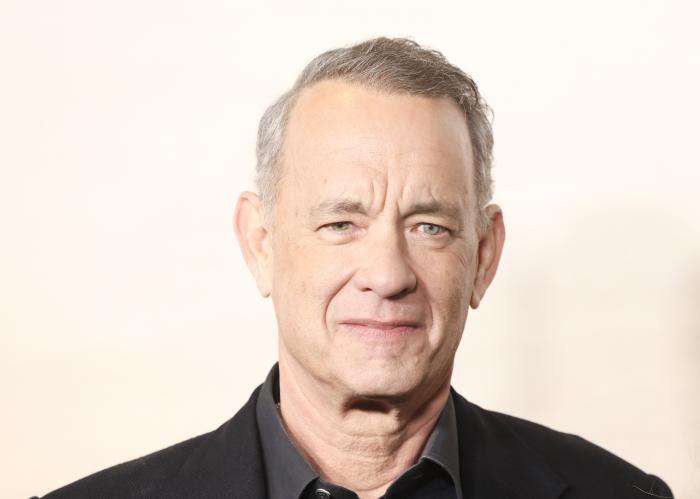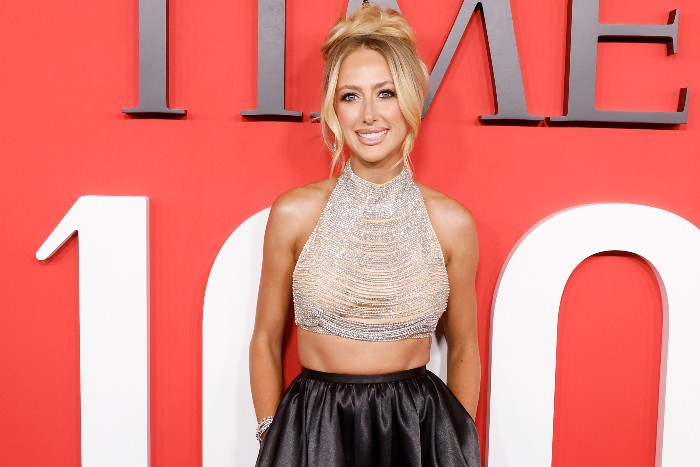

Lazy, Crass Television Geekophobia
By Dustin Rowles | TV | November 3, 2009 |
By Dustin Rowles | TV | November 3, 2009 |
I gave it an honest shot. I really did. But I don’t care how many references to Comic-Con “The Big Bang Theory” makes, it’s not a good show, geek, nerd, or otherwise. It’s a show that employs the same brand of crass stereotypes about nerds as Tyler Perry’s TBS show makes about blacks and “Two and a Half Men” makes about wasted carbon life forms. The jokes are broad; the laughter is canned; and the attempts at acting are feeble, at best. Just because “The Big Bang Theory” features nerdlingers doesn’t mean it actually speaks to nerds, not unless the nerds and geeks among you speak in arcane gibberish or made-up gibbly-gunk spoken in a nasal voice. I doubt very much, in fact, that the actors even known what they’re saying much of the time, and their delivery shows it.
“The Big Bang Theory” entered its third season last month, and over the course of the series, it has become the second highest rated sitcom on network television (following “Twoand a Half Men”), and it’s easy to see why: It plays into the sort of stereotypes about smart people that mainstreamers love. Your average walking ass-crack probably feels considerably better about the wrong choices he made in life when he’s under the impression that people who went to college are socially retarded and no more capable of winning the sexual advances of big-busted blonde women than he is.
For the unfamiliar, “The Big Bang Theory” concerns a couple of science geeks, Leonard Hofstadter (Jonny Galecki) and Sheldon Cooper (Jim Parsons), Cal Tech prodigies who lives across the hall from an attractive Cheesecake Factory waitress, because of course that’s the fate of all former cheerleaders (never mind that she lives by herself in the same building as two physicists who share an apartment, because obviously those Cheesecake Factory tips are the equivalent of two physicist salaries). The gimmick here is that the waitress, Penny (Kaley Cuoco) helps to bring the two socially awkward nerds out of their shell, and demonstrates to them the value of common sense (something that clearly isn’t taught at Cal Tech). The cast is rounded out by Howard Wolowitz (Simon Helberg), a Jewish engineer who lives with his mother (ha!) and Rajesh Koothrappali (Kunal Nayyar), an Indian astrophysicist crippled by shyness, unless he’s drunk. Sara Gilbert and Laurie Metcalf also appear frequently as a love interest and Sheldon’s mom, respectively, if only to remind us of a considerably better and more realistic sitcom, “Roseanne” (“Big Bang” creator, Chuck Lorre, was an exec-producer on “Roseanne.”)
As someone who regularly mocks geeks, I nevertheless take offense to “Big Bang Theory” for depicting well-educated people as Urkels and lisping dorks. I understand it’s just a television show — and a bad, lazily written one, at that — but disparaging geeks should come from a place of love and knowledge. Stating the obvious: Rather than taking comfort in the fact that Comic Con is occasionally name-checked, “The Big Bang Theory” should be viewed from the perspective of its intended audience, which feels validated now for perceiving intelligent people as socially dysfunctional retards who play Klingon Boggle, obsess over LoTR and “Battlestar Galactica,” and hang out at Ren Faires. These things may all be true, to varying degrees, but fuck, man: the reality is, the better educated you are, the more likely you are to get laid. And geeks who watch “The Big Bang Theory” are not that dissimilar from the self-hating gays who obsess over Perez Hilton, a man who plays into the very gay stereotypes fostered by backwards America.
More Like This
'Yellowstone' Teases Beth and Jamie Dutton's Power Struggle After the Death of John
'The Acolyte's Amandla Stenberg Got Thrown to the Wolves
The Rabbi/Goy Hookup Is Not the Most Scandalous Thing About The 'Nobody Wants This' Trailer
Middle-School Humor Meets Elder Statesman in Adam Sandler's 'Love You'
Zach Braff's 'French Girl' Brings Some Real 2004 Romcom Vibes to 2024

Tom Hanks Is Not Trying To Sell You Drugs
Three Trailers: What Happened Before Rosemary's Baby, and Zoe Saldaña In Her Own Skin
Jack White Threatens 'Fascists' In Donald Trump's Campaign With A Lawsuit
Taylor Swift Has a Brittany Mahomes Problem
'The Acolyte's Amandla Stenberg Got Thrown to the Wolves
Christina Aguilera Thinks It’s ‘Corny’ When Celebrities ‘Do Things Intentionally’ to Stay Relevant
Pajiba Love

Taylor Swift Has a Brittany Mahomes Problem
Reviews